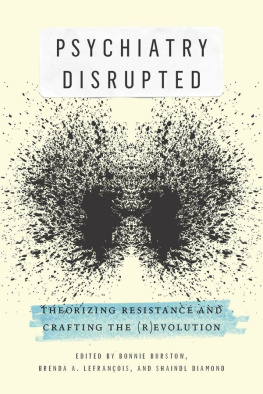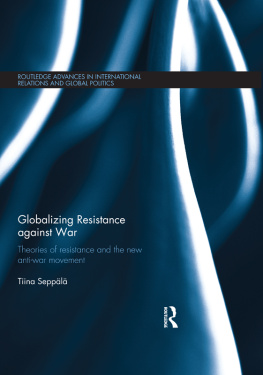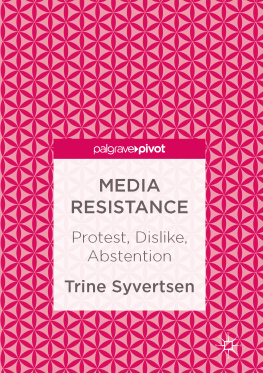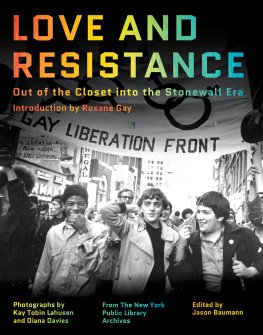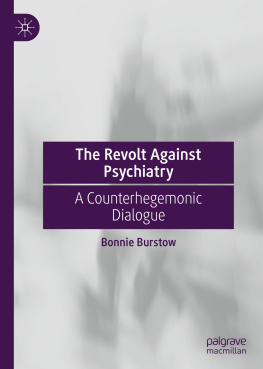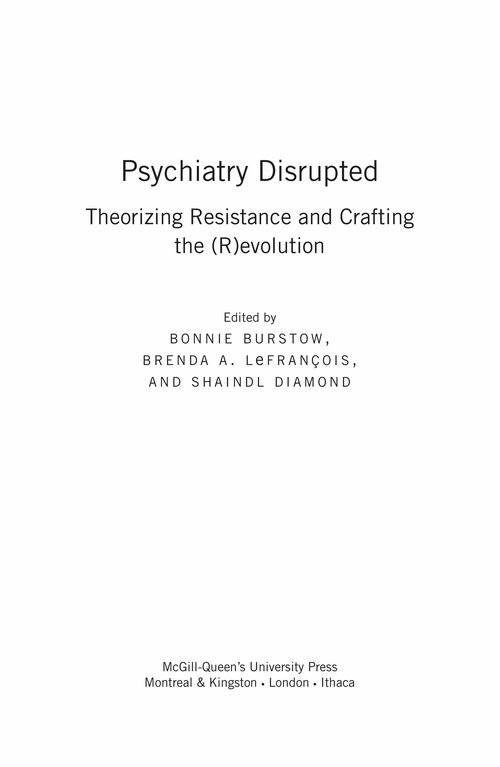PSYCHIATRY DISRUPTED
McGill-Queens University Press 2014
ISBN 978-0-7735-4329-4 (cloth)
ISBN 978-0-7735-4330-0 (cloth)
ISBN 978-0-7735-9030-4 (ePDF)
ISBN 978-0-7735-9031-1 (ePUB)
Legal deposit second quarter 2014
Bibliothque nationale du Qubec
Printed in Canada on acid-free paper that is 100 % ancient forest free (100 % post-consumer recycled), processed chlorine free
This book has been published with the help of a grant from the Canadian Federation for the Humanities and Social Sciences, through the Awards to Scholarly Publications Program, using funds provided by the Social Sciences and Humanities Research Council of Canada. Funding has also been received from the Memorial University of Newfoundland.
McGill-Queens University Press acknowledges the support of the Canada Council for the Arts for our publishing program. We also acknowledge the financial support of the Government of Canada through the Canada Book Fund for our publishing activities.
Library and Archives Canada Cataloguing in Publication
Psychiatry disrupted: theorizing resistance and crafting the (r) evolution / edited by Bonnie Burstow, Brenda A. LeFranois, and Shaindl Diamond.
Includes bibliographical references and index.
Issued in print and electronic formats.
ISBN 978-0-7735-4329-4 (bound). ISBN 978-0-7735-4330-0 (pbk.).
ISBN 978-0-7735-9030-4 (ePDF). ISBN 978-0-7735-9031-1 (ePUB)
1. Antipsychiatry. 2. Psychiatry Social aspects. 3. Psychiatry Political aspects. 4. Psychiatry Moral and ethical aspects. I. Burstow, Bonnie, 1945, author, editor of compilation II. LeFranois, Brenda A., 1968, author, editor of compilation III. Diamond, Shaindl, 1980, author, editor of compilation
RC454.4. P863 2014 616.89 C2014-900875-9
C2014-900876-7
This book was typeset by Interscript.
For those who inspire us psychiatric survivors,
antipsychiatry activists, and mad activists everywhere.
Acknowledgments
The editors would like to acknowledge the work of the many people and organizations whose assistance along the way has made this book possible. First and foremost, we would like to acknowledge the efforts of psychiatric survivors and other activists whose sterling work over the years underpins much of the theorizing. We could not have theorized, nor would anyone be writing in this area, if the stories of survivors had not moved us and if their strategic efforts had not tutored us. We likewise acknowledge the various contributing authors whose chapters make this book what it is. Whether it be theorizing trans resistance or the efforts of progressive psychologists, thank you for rising to the occasion and agreeing to be part of the team putting out this ground-breaking book. We thank the kind and expert staff at McGill-Queens University Press and would particularly like to single out the helpful work of our acquisition editor Jacqueline Mason and editor Kathryn Simpson. We were likewise blessed with exceptional graduate assistants who networked with authors, edited, gathered information as needed, worked long hours so that deadlines could be met Laura McKinley, Lauren Spring, Griffin Epstein, and the graduate assistant without whose expert knowledge of the Chicago Manual we would have been in dire distress the multi-talented Mary Jean Hande. We acknowledge the assistance provided by the Ontario Institute in Studies in Education for providing Burstow with four one-year graduate assistantships. This book has been published with the help of a grant from the Federation of the Humanities and Social Sciences, through the Awards to Scholarly Publications Program, using funds provided by the Social Sciences and Humanities Research Council of Canada, and we would like to thank SSHRC. Publication of this book has been supported by funding from the Memorial University of Newfoundland, whom we additionally thank.
Foreword
PAULA J. CAPLAN
Activism to improve the way we deal with emotional suffering is essential, and the time for it is now. This books title announces that revolution is needed, given the magnitude of past, current, and unless we act now and act large future suffering.
Many of us have spent decades writing and speaking about the harm done by not all but far too many professionals, but far too little has changed. Let me offer a perspective from my experience, and keep in mind as you read that I am only one of a great many who have tried to impel significant improvements and are saddened by the paucity of progress despite massive public education, and by marked increases in the harm caused by some whose job is to help.
I was at American Psychiatric Association headquarters as it prepared an edition of its Diagnostic and Statistical Manual of Mental Disorders (D S M) in the mid-1980s, thereby falling through a rabbit hole into the realm of psychiatric diagnosis, where I learned of a myriad of problems that can cascade from the applying of a mental disorder label. The diagnostic system is the first cause of everything bad that happens in the mental health system, because labeling is used to justify treatments that are often damaging and destructive. If the powers-that-be deem you normal, theres much less they can do to hurt you. I started a petition protesting two proposed DSM categories that would have been especially dangerous to women. The petition ultimately represented more than six million people, but virtually nothing changed (Caplan, 1995). Decades later, I started a change.org petition called Boycott the DSM : A Human Rights Issue (http://www.change.org/petitions/boycott-the-dsm-a-human-rights-issue), and nothing changed.
I learned from the inside about the enterprise of creating diagnostic categories when I spent two years on two DSM-IV committees, resigning in horror after seeing how starkly D S M -I V head Allen Frances and his cronies misused junk science to suit their purposes and ignored, distorted, even lied about good research that conflicted with their aims. I tried using the power of theatre and created videos about harm from diagnosis, created a website and a Facebook page and a blog, organized two Congressional briefings, and called for Congressional hearings, but nothing changed. I have tried in vain for decades to find lawyers who will file lawsuits against the APA and to explore ways to stop the harm caused by the psychiatric diagnoses in the D S M and International Classification of Diseases.
I organized the filing of nine ethics complaints with the APAs Ethics Committee, describing how complainants had been damaged because of the false advertising of the DSM as scientific and helpful and the failure to warn of the harm it often causes. They summarily dismissed the complaints on highly spurious grounds, with no attention to their merits. Despite dismissing the complaints, they could have made restitution and implemented the complainants many suggestions to prevent future harm, but they did nothing. When four of us went peacefully to A P A headquarters simply to request a meeting, someone apparently ordered security guards to eject us from the building. Five of the complainants also filed complaints with the Office of Civil Rights of the United States Department of Health and Human Services, since psychiatric diagnosis is

